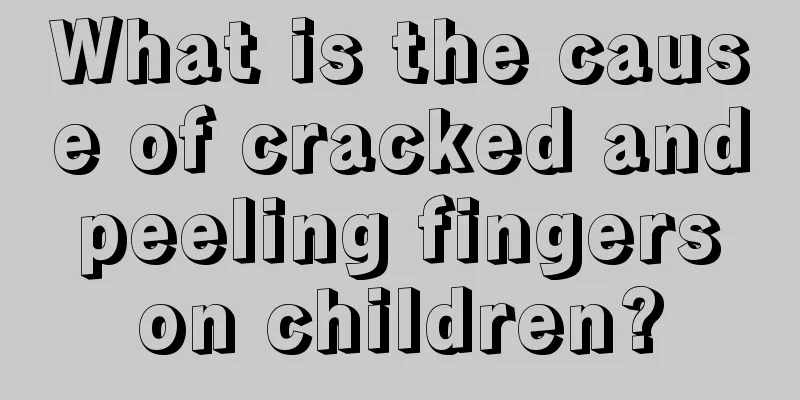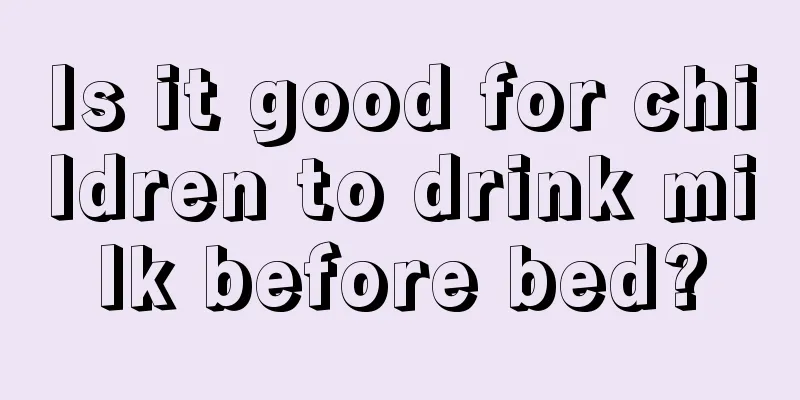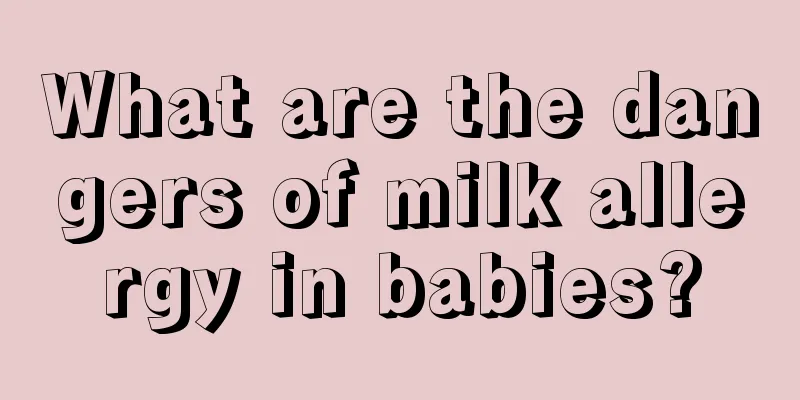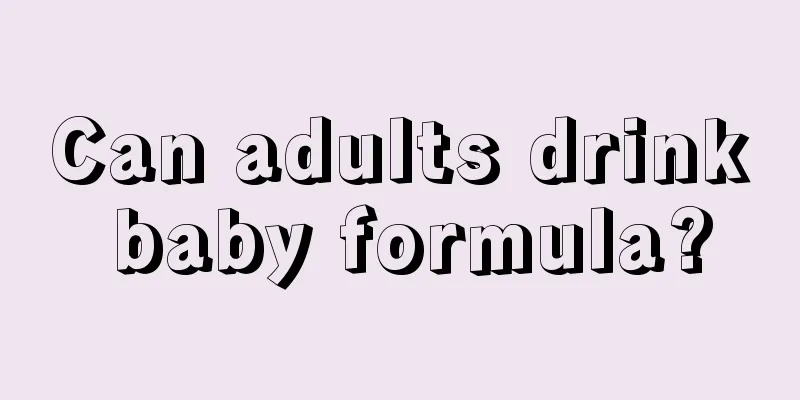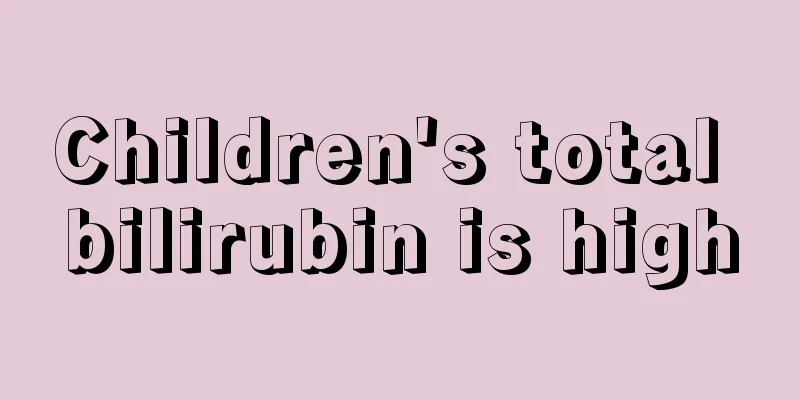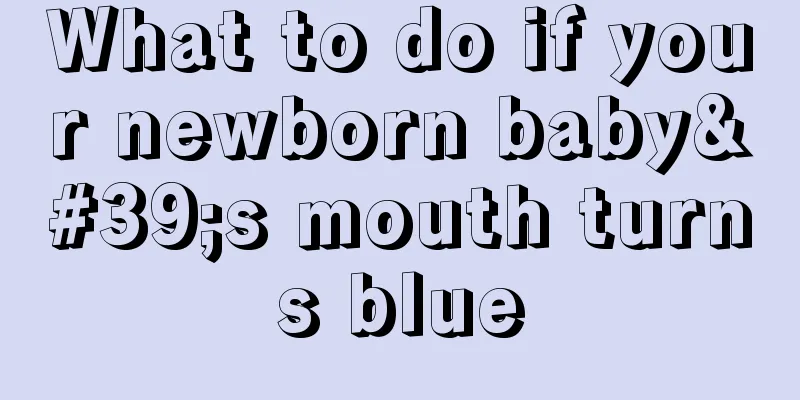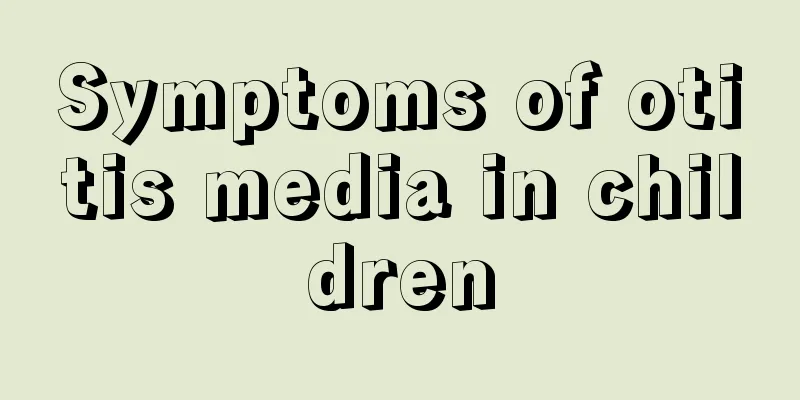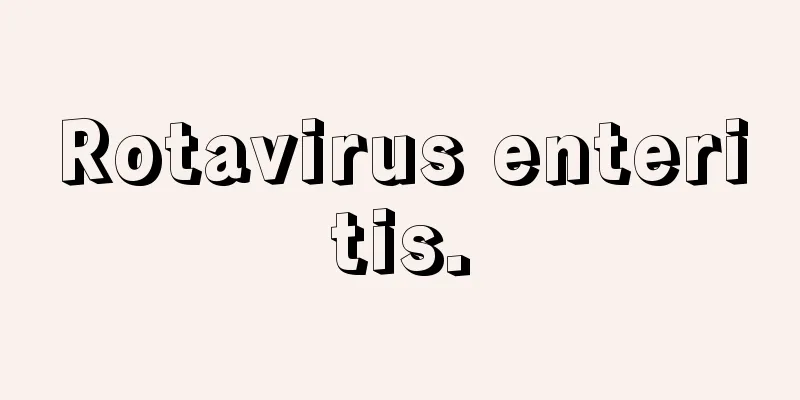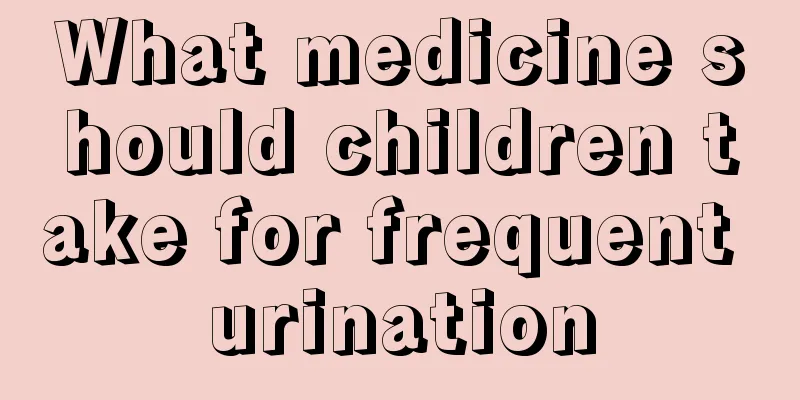Symptoms of autism in babies
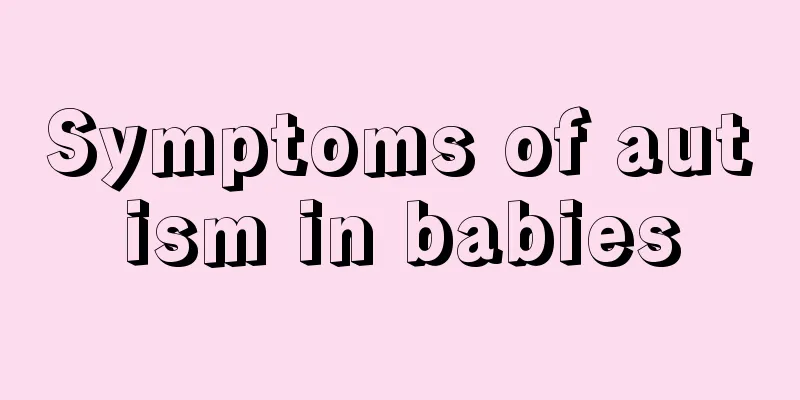
|
Even now, we can observe that very young babies have the habit of not liking to talk. We all know that it is the nature of children to be playful. If children are too playful, many parents will be very annoyed and bored. However, if children do not like to move or play, then parents will be more worried. They do not know what causes the child to have this symptom. Infants with autism will not like to talk and their activities will be hindered. So what are the symptoms of infant autism? In today's society, people's minds are more open, and public opinion does not occupy such a large position in society, so everyone is not worried about the occurrence of these things. Therefore, there are many people who divorce after a flash marriage, and there are also many people in society who divorce after having children. However, this will cause great harm to children, so now there are more and more cases of autism in young children. So what are the manifestations of autism in young children? Symptoms of autism in children One of the main symptoms for detecting and diagnosing autism in children is delayed development of language function. Children with this disease often start talking later than normal children. In addition, there are some symptoms that appear before the baby can speak, and these are exactly what are often ignored by parents. Some early symptoms can be seen in infants as early as one year old and include: (1) Unable to make eye contact with parents. (2) The baby is unable to react or respond when the parents call his or her name. (3) Unable to recognize parents’ gestures and unable to respond normally to external stimuli. Some atypical symptoms include: (1) At 12 months old, babies do not yet murmur or make gestures to express emotion. (2) At 16 months old, babies cannot speak. (3) At 24 months old, infants are unable to speak sentences of more than two words. (4) Lack of language or social skills at any age. 1. Language Barrier Language and communication disorders are important symptoms of autism. It is the main reason for most children to seek medical attention. Language and communication disorders can manifest in many forms. Most children with autism have delayed or impaired language development. They usually still cannot speak at the ages of two and three, or they experience language regression after normal language development. They have expressive language before the age of 2 to 3 years, which gradually decreases with age or is even lost completely. They remain silent for life or, in rare cases, use limited language. They have some degree of obstacles in their perception and expression of language. 2. Social interaction disorder The patient is unable to establish normal interpersonal relationships with others. When they are young, they do not make eye contact with others, have a dull expression, lack the expression or gesture of expecting hugs and caresses from their parents or others, and have no happy expression when enjoying caresses, and even reject hugs and caresses from their parents and others. He cannot distinguish between close and distant relationships and treats his relatives with the same attitude as he treats other people. Unable to establish a normal attachment relationship with parents, patients have difficulty establishing normal partnerships with children of the same age. For example, they tend to stay alone in kindergarten and do not like to play with their peers. When they see some children playing games enthusiastically together, they have no interest in watching or desire to participate. 3. Narrow interests and stereotyped behavior patterns The patient is not interested in the games and toys that normal children are keen on, but likes to play with non-toy objects, such as a bottle cap, or observe the rotating electric fan, etc., and can last for dozens of minutes or even several hours without feeling bored. Not interested in the main features of toys, but very concerned about non-main features: patients stubbornly require to keep the daily activity routine unchanged, such as going to bed at the same time, covering the same quilt, taking the same route when going out, etc. If these activities are stopped or behavioral patterns are changed, the patient will express obvious unhappiness and anxiety, and even engage in rebellious behavior. Patients may have repetitive stereotyped movements, such as clapping their hands, turning in circles, licking the wall with their tongue, stomping their feet, etc. Children can also suffer from autism when they are very young. It is difficult to detect autism in infants. If a child has autism, it may need to be discovered through examination. After everyone knows the symptoms of autism in children, they must observe the symptoms of the child carefully in life to see if the child has such a disease. If so, it is important to enlighten the child in time and give the child serious guidance. |
<<: What are the symptoms of autism in children
>>: Isotope therapy for infantile hemangioma
Recommend
What to do if a child has a lump behind his ear
In fact, it is not uncommon for many people to ha...
What are the effective treatments for urticaria in children?
Nowadays, the incidence of urticaria in children ...
Why do children have difficulty breathing through their noses?
Some children often have difficulty breathing due...
How to care for babies with diarrhea after catching a cold and having a fever
The temperature is changing greatly and the air i...
What is the law of myopia growth in children?
In people's lives, many people are very troub...
Treatment and causes of gastroenteritis in children
Children may develop gastroenteritis if they eat ...
What to do if your baby has eczematous dermatitis on his face
We have all seen newborn babies. Their skin is ve...
What to do if your child has chickenpox and a fever
When a child gets chickenpox, parents must take g...
What should I do if my three-month-old baby has a bad stomach?
It is the wish of many parents that their babies ...
What causes stomach pain and vomiting in children?
In fact, stomach pain and vomiting may occur in e...
What medicine is good for children with tonsil suppuration?
Most children are picky eaters and they are very ...
What should I do if my child has head lice? Parents can do this
Although lice on children's heads is not a se...
What is the normal value of bilirubin in infants?
There are many common diseases among infants. Whe...
What should children with asthma eat? Don't miss these foods
If a child has asthma, daily conditioning is very...
Can children drink milk powder when they have a fever?
Newborn babies mainly rely on breast milk for fee...
